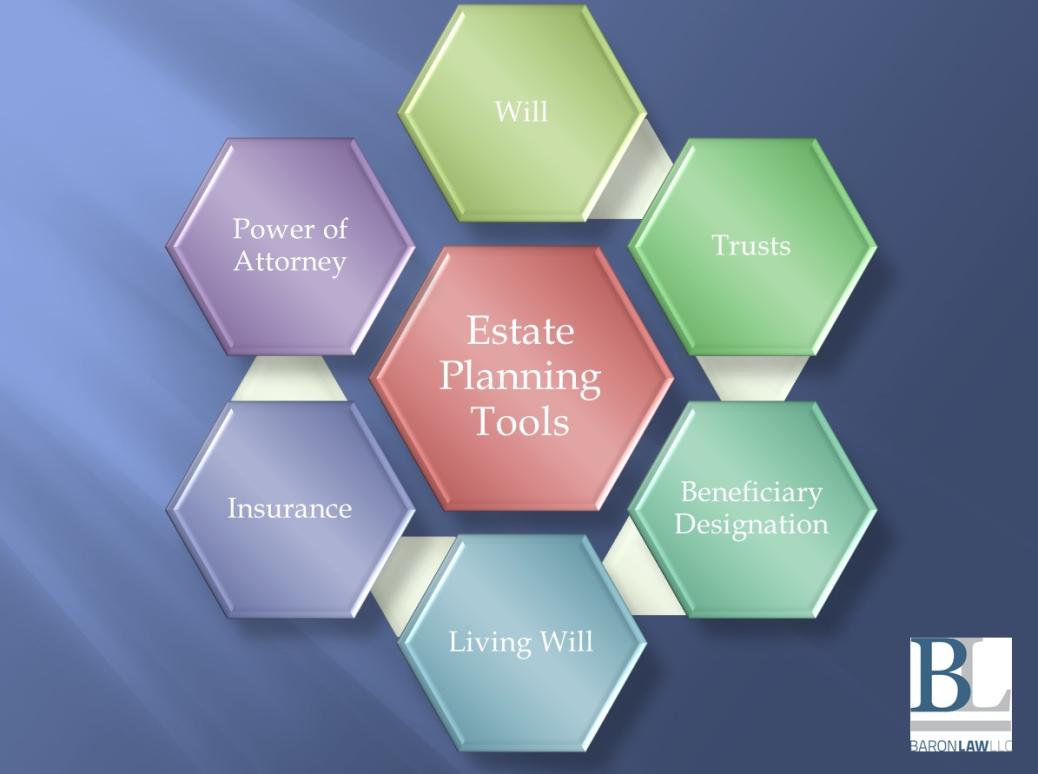What Happens If I Die Without an Estate Plan?
In the realm of life's uncertainties, one thing remains certain: death. While it's a topic often avoided, planning for the inevitable is crucial to ensure your wishes are respected, your assets are distributed according to your intentions, and your loved ones are protected. Dying without an estate plan can have far-reaching consequences, leading to legal complications, family disputes, and financial burdens.

1. Intestacy Laws: A Default Plan With Unintended Consequences
In the absence of an estate plan, the state's intestacy laws determine how your assets will be distributed after your death. These laws vary from state to state, but generally, your assets will be divided among your closest relatives, such as your spouse, children, or parents. However, intestacy laws may not align with your wishes or family circumstances.
- Unintended Beneficiaries: Intestacy laws may result in assets passing to individuals you did not intend to inherit, such as distant relatives or the state.
- Disinheritance of Loved Ones: If you have a partner or children who are not legally recognized as your spouse or heirs, they may be excluded from inheriting your assets under intestacy laws.
- Complex Family Dynamics: In blended families or families with complicated relationships, intestacy laws may lead to disputes and conflicts among heirs.
2. Probate Process: A Lengthy And Costly Affair
When you die without an estate plan, your estate must go through the probate process. Probate is the legal process of administering your estate, which involves identifying and valuing your assets, paying off debts and taxes, and distributing your remaining assets to your heirs. Probate can be a lengthy and costly process, often taking months or even years to complete.
- Delays in Distributing Assets: Probate can delay the distribution of your assets to your heirs, leaving them waiting for their inheritance.
- Legal Fees and Court Costs: Probate involves legal fees, court costs, and other administrative expenses, which can significantly reduce the value of your estate.
- Public Record: Probate records are public documents, meaning anyone can access information about your assets and their distribution.
3. Asset Distribution: Unintended Consequences And Escheat
Without an estate plan, your assets will be distributed according to intestacy laws, which may not reflect your wishes. Additionally, there's a risk of escheat, where your assets may revert to the state if there are no eligible heirs.
- Unintended Distribution: Your assets may be distributed to individuals you did not intend to inherit, potentially causing conflict and resentment among family members.
- Escheat: If you have no living relatives or your heirs are unable to inherit your assets, your property may escheat to the state, depriving your intended beneficiaries.
- Loss of Control: You lose control over how your assets are distributed and managed after your death.
4. Family Disputes: A Recipe For Conflict And Division

The absence of an estate plan can create a breeding ground for family disputes and conflicts. When there are no clear instructions regarding asset distribution, disagreements among heirs can arise, leading to strained relationships and even legal battles.
- Contested Wills: If you have a poorly drafted or outdated will, it may be contested by disgruntled heirs, resulting in lengthy and costly legal battles.
- Sibling Rivalry: Without clear instructions, siblings may disagree about the distribution of assets, leading to resentment and division within the family.
- Stepfamily Conflicts: In blended families, disputes may arise between stepchildren and biological children over inheritance rights.
5. Guardianship And Minor Children: Ensuring Their Future
If you have minor children, dying without an estate plan leaves them vulnerable. Without a designated guardian, the court will decide who will care for and manage their assets until they reach adulthood.
- Uncertain Guardianship: The court's decision may not align with your wishes or the best interests of your children.
- Financial Instability: Without proper planning, your children may face financial instability if their assets are not managed effectively.
- Emotional Distress: The loss of a parent is traumatic for children, and the uncertainty of their future can add to their emotional distress.
6. Tax Implications: Minimizing The Burden On Your Heirs

Estate planning can help minimize the tax burden on your heirs. Without proper planning, your estate may be subject to estate taxes and inheritance taxes, reducing the value of the assets passed on to your loved ones.
- Estate Taxes: Estate taxes are levied on the value of your estate above a certain threshold. Proper planning can help reduce your estate's taxable value.
- Inheritance Taxes: Some states impose inheritance taxes on the assets inherited by your heirs. Estate planning strategies can help minimize these taxes.
- Tax-Efficient Asset Distribution: An estate plan allows you to distribute your assets in a tax-efficient manner, ensuring your heirs receive the maximum benefit.
Conclusion: The Importance Of Estate Planning
Dying without an estate plan is a gamble with potentially devastating consequences. It can lead to unintended asset distribution, family disputes, probate delays, and financial burdens. Having an estate plan in place ensures that your wishes are respected, your assets are distributed according to your intentions, and your loved ones are protected. Consult with an estate planning attorney to create a comprehensive estate plan that meets your unique needs and circumstances.
Remember, estate planning is not just about distributing your wealth; it's about providing peace of mind, protecting your loved ones, and ensuring your legacy lives on as you intended.
YesNo

Leave a Reply